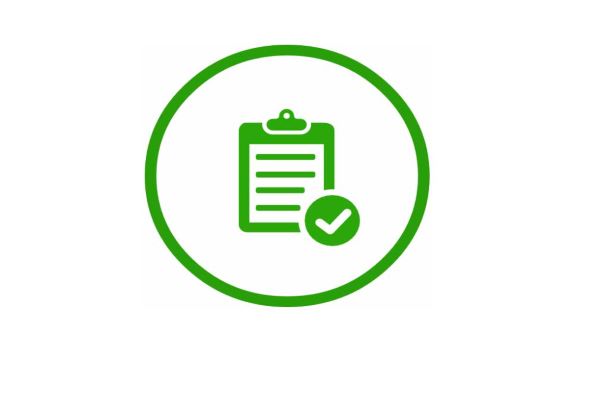
When I tell people that I’m an auditor, people often respond with a joke about me using a green pen. This is because in the past, auditors in banks used green pens so everyone knew they had ticked/marked a document.
Today, the auditing world is completely different. The old part-time auditor (usually a tax professional who dabbled in audit) has been replaced by bright, young, career-oriented people with unique skills.
Today’s auditors have to be IT-savvy, deal with big data, have strong interpersonal skills and the ability to challenge and be skeptical. These auditors need to combine technical know-how with judgment and skepticism, and balance attention to detail whilst considering the big picture of the financial report as a whole (sometimes referred to as Materiality).
Could robots be completing audits by 2025?
Looking ahead, there’s a question about whether auditors could, in effect, be replaced by robots. In 2015, 800 executives were surveyed by The World Economic Forum and asked at what point they thought that “30 percent of corporate audits would be performed by AI (artificial intelligence).” 75 percent of those surveyed thought that this tipping point would be reached by 2025.
Although I’m admittedly biased, I disagree. Software can perform a lot of the mundane tasks of an audit, such as checking debits and credits, authorisations and the kinds of manual work previously handed to the poor newbie on an auditing team. But while AI can assist us, it’s still driven by programming code. An audit is based on a skeptical mindset, meaning that we challenge what’s given to us.
Limitations of AI software
As auditors, we have to consider the strength and reliability of the information we’re given (including verbal, written, external/internal, etc.), and its relevance to the issue. Only a human can think through how certain issues, disclosures and financial statements have been created. We have to ask questions such as:
- What isn’t included in the financials?
- Are relevant accounting policies appropriate to the entity?
- Could there be fraud?
- Are the assumptions reasonable?
- Do warranties and provisions appear adequate?
- Do the numbers comply with the relevant accounting standard?
Yes, software can grab data feeds, check income and match those in the bank feed, but can it determine if a transaction is at arm’s length, whether the valuation of goodwill is appropriate or whether related parties exist? I question how far software will be able to venture into these subjective, judgment-based areas. How will software tell us what isn’t there?
The auditor of the future
The Chartered Accountants Australia and New Zealand recently released a short video on the future auditor, whose qualities include being a watchdog, linguist, strategic thinker, innovator, professionally skeptical, independent, ethical, a problem solver, motivator, cross-cultural, mediator, storyteller and juggler! This shows us just how the world of the auditor has changed – and will continue to do so.
I don’t see AI as the death of the auditor. (I’ve never seen a computer juggle . . .yet!) But I do see it reducing the number of auditors and pushing many outside their comfort zone.
In the future, auditors who will thrive will be the ones who actively embrace the potential of AI and use it to their advantage, rather than shying away from this technology.
